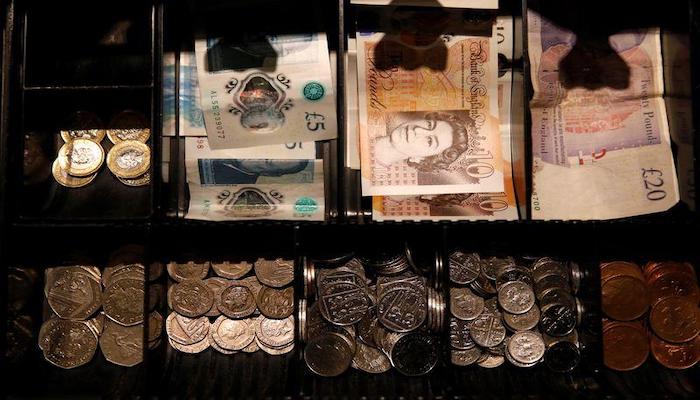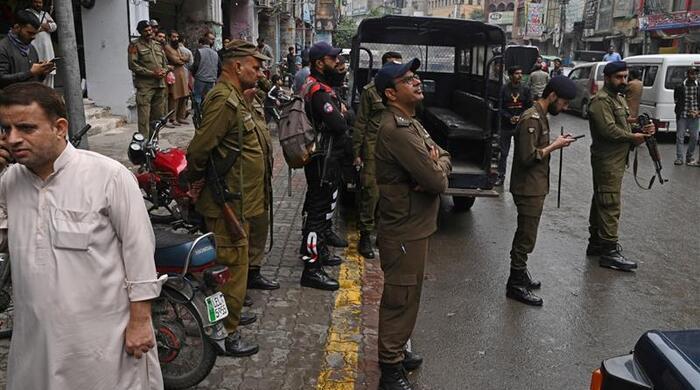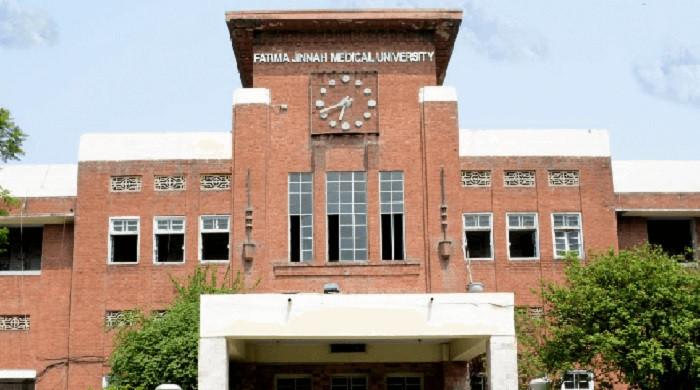Close economic links enable illicit fund transfers between UK and Pakistan: British report
The report says Pakistani authorities and UK’ National Crime Agency conducting joint operations to tackle illicit finance threats
December 23, 2020

- According to report, close economic ties enable money laundering between the two countries
- UK supports Pakistani authorities meet FATF commitments
- Criminals buy high-value assets to launder money between UK and Pakistan, says report
LONDON: A British government report has revealed that dirty money continues to flow between Pakistan and the United Kingdom.
The “National Risk Assessment of Money Laundering and Terrorist Financing 2020” report stated that the two countries have close economic links including significant remittance flows estimated at $1.7 billion in 2017. “These linkages also enable and disguise illicit funds to be transferred between the UK and Pakistan including through illegal informal value transfers.”
The report, put together by the Treasury and the Home Office, has named Pakistan, China, Hong Kong, Russia, and United Arab Emirates (UAE) as the hotspot countries from where the most flow of money takes place.
Read more: Pakistan's active taxpayers list crosses 3m benchmark for the first time
Incumbent premier of Pakistan, Imran Khan, came into power with the pledge to root out money laundering and corruption but the British report suggests that hardly anything has changed as an illicit flow of money, both ways, continues.
The report found that criminals continue to purchase high-value assets such as real estate, precious gems, and jewellery to launder illicit funds which are transferred from Pakistan to the UK and vice versa.
“This includes proceeds from corruption and drug trafficking. The risk from cash-based money laundering from the UK to Pakistan via smuggled cash and Money Service Business (MSBs) also persists.”
The report said that in 2018 Pakistan was nominated to the Financial Action Task Force (FATF) list of jurisdictions with strategic anti-money laundering and counter-terrorist financing (AML/CTF) deficiencies, known as the ‘grey list’ due to widespread CTF deficiencies.
British authorities said while the FATF has acknowledged notable improvements in the months following, they also warned that “should significant and sustainable progress not be made when next reviewed”, the FATF could call on its members to give special attention to business relations and transactions with Pakistan.
“The UK, as a member of the FATF, continues to ‘closely monitor for sustained and timely efforts’,” read the report, adding that it also “continues to support Pakistan, including with capacity-building assistance, to help Pakistani authorities meet their commitments.”
“Joint operations between the National Crime Agency (NCA) and Pakistani authorities to tackle illicit finance threats have benefitted from good levels of cooperation,” stated the report.
According to the report, NCA negotiated a settlement with a Pakistani national to return funds and property valued at approximately £190 million to Pakistan in December 2019. “This success would not have been possible without the close cooperation between the UK and Pakistan law enforcement agencies.”
Also read: Remarkable turnaround in Pakistan economy despite COVID-19, says PM Imran Khan
Undermining British system
The report said that serious and organised crime undermines the legitimacy and authority of the state and poses a fundamental threat to the country’s future security. Organised crimes, said the report, cost the UK economy an estimated £37 billion per year.
“A considerable threat to the UK arises from overseas PEPs laundering their illicit gains through the UK,” read the document. “The UK’s role in facilitating the laundering of these illicit gains is a threat to UK’s prosperity, security and reputation both at home and abroad as it undermines the UK’s efforts to build a cleaner global financial system.”
It assessed that “wealth management, private banking, super prime property, as well as TCSP services are of the highest risk of being used to launder the proceeds of overseas corruption”.
Related: Foreign loans worth $10.7 billion taken on in FY19-20
Other countries: Russia, UAE, China
The report said that money launderers from Russia exploited UK’s company set up system and professional services to buy expensive properties. It said the United Arab Emirates “is an attractive location for those who also wish to launder the proceeds of crime from abroad – overwhelmingly foreign nationals using UAE systems, rather than Emirati nationals themselves.”
The report said that a significant volume of proceeds of crime flow in and out of China annually, particularly through the use of informal value transfer systems (IVTS).
Hong Kong continues to be used as a financial gateway into and out of mainland China for both legitimate and illicit funds, it said.











